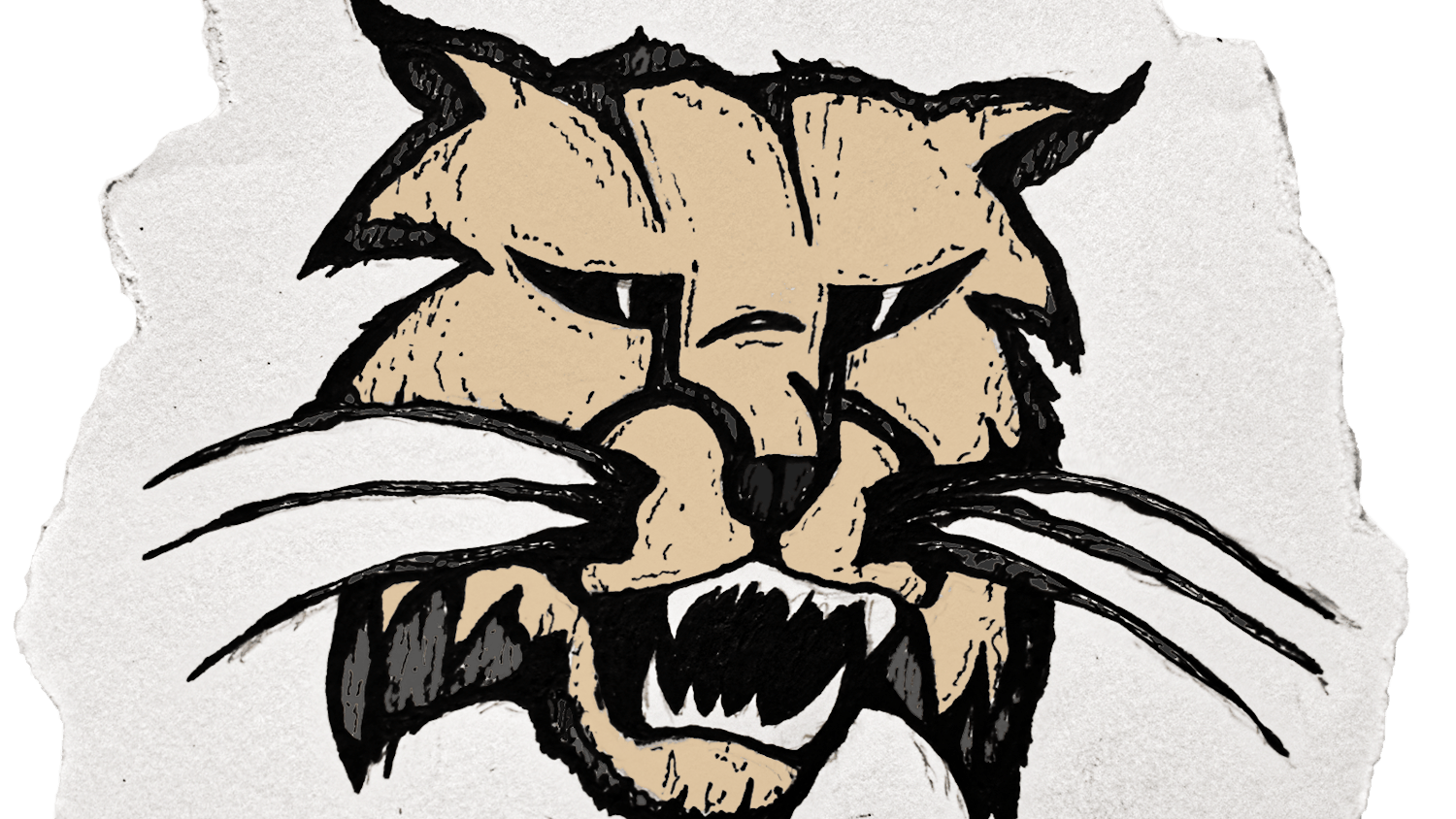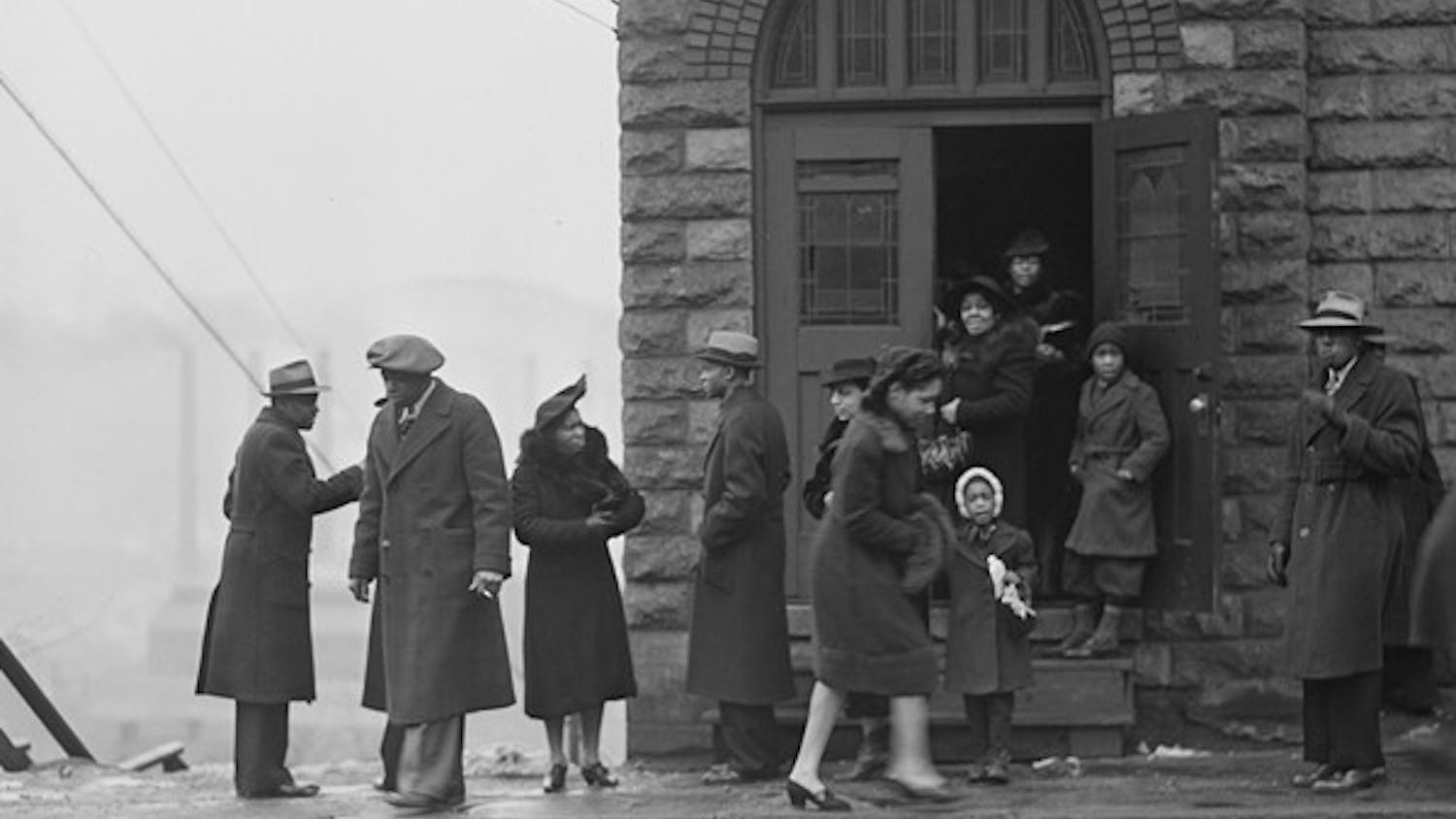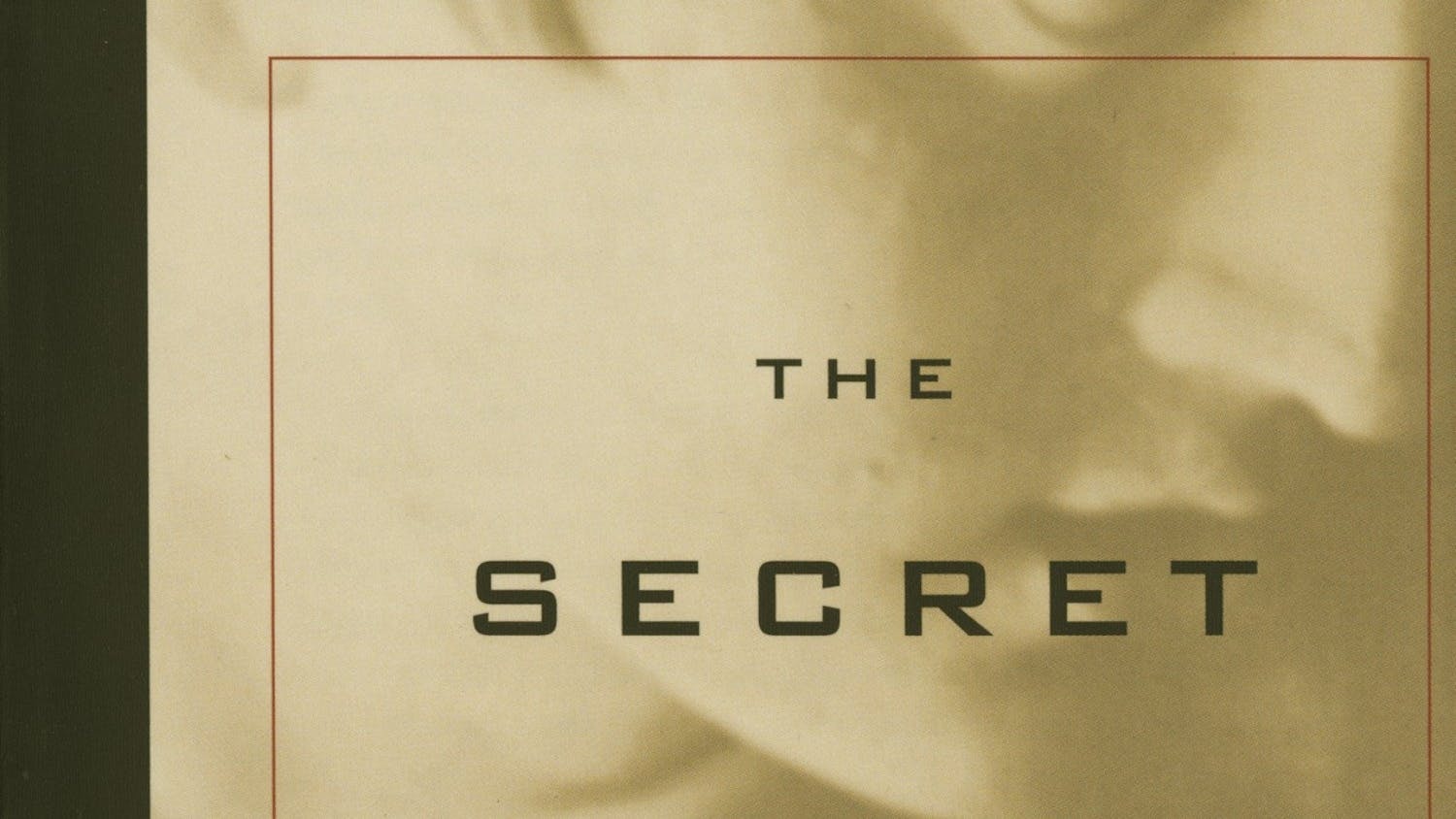David Butcher has many titles: husband, father, genealogist, historian and museum founder. On Sept. 27, he was able to add one more title to his resume: an inaugural recipient of the the Black Appalachian Storytellers Fellowship.
Residing in Stewart, Ohio, Butcher is the only recipient from Ohio to be awarded this fellowship. His fellow winners include a Civil Rights Activist and a Ted-Talker. Despite working a full-time job, Butcher did not win this award because of his occupation, or at least his paid occupation.
Butcher is the curator and founder of The People of Color Museum. The People of Color Museum is dedicated to the cultural history of the region, specifically the history of Tablertown.
Tablertown cannot be found on a GPS, but it still very much exists. Now known as Kilvert, the community is located about 20 minutes from Ohio University’s campus. Although small in size and population, the town has an active church and community center.
It is passed over, however, when it comes to recognition and representation. The town is left out of the Route 50 sign, denoting the upcoming cities off the highway. Nestled between Stewart and Amesville on State Route 329, Kilvert, or Tablertown, is completely omitted on the sign, a fact Butcher laments.
“We’re four miles closer than Amesville,” Butcher said. “We’re on a state highway. We have an active church and an active community center. See how it’s easy to leave people out—like we don’t exist.”
The real significance of the exclusion and erasure of Tablertown lies in its history. Founded nearly 200 years ago, Tablertown is a shining beacon of hope, pride and love in American history.
Michael Tabler, the son of a white plantation owner, fathered six bi-racial children with an enslaved woman on the plantation named Hannah. Most likely having grown up together, there is evidence their relationship was a love match. To prove his devotion to her and their children, Tabler moved his family to Ohio.
Butcher said this move was due to him receiving a large inheritance from his deceased mother and father. Moving from then Virginia, now West Virginia, was significant because the state had passed laws that made it very hard for formerly enslaved persons to remain in Virginia. Furthermore, formerly enslaved persons were not allowed to inherit a white man’s property.
This story holds special significance to Butcher because he is a descendant of the Tablers. With Michael Tabler being his eighth-great grandfather, Butcher’s family had passed down oral accounts of their family history.
The first document that was found is a manumission document, a document that legally frees an enslaved person, which is on display at the museum. Gesturing toward the document, Butcher explained how much significance it truly possesses.
“Michael Tabler freed his six slave children,” Butcher said. “You got to imagine, this is early slavery in 1830, and the most important word on this document, he says ‘I’m doing this because of the affection I have for them.’ That’s very powerful for a white man to say about a slave in 1830.”
The role of Hannah in this story should not be overlooked, however. According to Butcher, she could have potentially given birth to 18 or 20 more children, as enslaved women were often expected to give birth every year. Despite being born on the plantation, Hannah found a way to become a free woman.
“Somehow, my grandmother Hannah figured out how to get herself free,” Butcher said. “She was freed by a will, and six of her children were free. This is almost 30 years before Harriet Tubman, so almost unheard of legally. She must have just been a tremendous, amazing woman.”
Once the Tabler family came to the region, Michael purchased the mill and began farming.
“They’re here in the 1830s,” Butcher said. “They have a mill producing lumber and white flour and flour, and then coal’s discovered. Everything changed.”
After coal was discovered, railroads came along quickly. As there were to be railroads intersecting in the town, Tablertown caught the eye of Sam Kilvert. After Kilvert paid a visit to the courthouse, Tablertown was officially deemed Kilvert.
“How the town name changed from Tablertown to Kilvert is that it was never given an official name,” Butcher said. “Everybody calls it Tablertown, from my generation back.”
A goal of Butcher's and many others in Tablertown is to change the name back, further preserving the history of the region.
Butcher’s fascination with his family’s history and history in general has been part of his life since he was a young boy. Thanks to his great-aunt giving him military shells from World War I when he was four years old, Butcher has never stopped learning and never stopped collecting.
The People of Color Museum is located on Butcher’s property in a former pole barn. Although modest in size, the museum is chock full of historical relics. Some of the items on display include Butcher’s great-uncle’s wooden leg, canned groundhog and a Native American arrowhead that an archaeologist identified as being around 15,000 years old. Whether the items are family heirlooms, brought to him by neighbors or items he has purchased in an auction, Butcher knows the significance and importance of every single item in his museum.
With the museum officially starting in 2018, it is truly a passion project of Butcher’s. Still working his day job where he commutes 100 miles away, Butcher uses his days off to give tours of his museum to people. It is clear that as soon as interested parties step foot into the former pole barn, they are in for an education much richer than anything taught in schools.
Having already purchased a property in Tablertown, Butcher has high hopes for the museum. Along with the fellowship, Butcher will have the opportunity to attend the 40th Annual National Black Storytelling Festival in Baltimore, Maryland, as well as receive a cash prize. Butcher said this money will go back into the museum and be used to construct a building on the newly purchased land.
Humble as ever, Butcher is adamant that the credit for The People of Color Museum should not be given all to him. He claims people from the community, family members and complete strangers were all very instrumental when it came to making his dream a reality.
“I’m very honored,” Butcher said, regarding him receiving the fellowship. “You don’t feel worthy because there are so many people. This isn’t just me; this isn’t just David Butcher. This was a community. I wouldn’t even say I got it started—I just helped push.”
All parties who are interested in touring The People of Color Museum should contact David Butcher at 740-590-6368.






